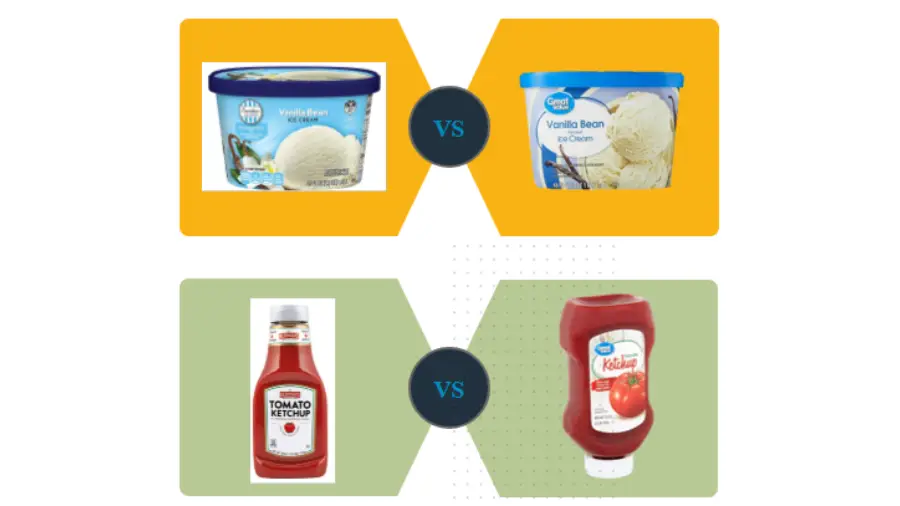Target’s recent announcement that it plans to add hundreds of private label grocery items this year should come as no surprise to observers of retail, as persistent inflation is making consumers even more conscious about their spending habits.
The need to stretch their grocery dollars even further is driving the growth of private label items, as demonstrated by research from RDSolutions’ Intrics Intelligence Platform showing 2023 dollar sales of store brand products rose by 6%, with unit sales growing by 0.9%. What that means for retailers is that private label now accounts for more than a quarter of all unit sales.
As demonstrated by the many new chef-inspired items coming from Target’s Good and Gather line, private brands have pivoted from being strictly a wallet saver to highly differentiated product lines, delivering not only a significant challenge to national brands but a real choice for consumers increasingly in search of different products with unique attributes such as diverse flavor profiles and clean ingredient labels.
Target’s store brand additions come about a year after Walmart’s largest private brand food launch in 20 years: Bettergoods, an assortment of some 500 items – largely concentrated among snacks, chips and cookies – priced mostly under $5. Bettergood items promise high quality among the line of specialty goods, including products like pistachio pesto, pineapple fried rice crackers, lemon raspberry parfait gelato and Belgian-style cheesy au gratin potatoes.
In fact, only about 10% of Bettergood items are comparable to those offered by traditional grocery competitors – compared to Walmart’s core Great Value line, which overlaps competitive private brands by more than 70%.
Additionally, Walmart’s Bettergood targets the “better-for-you” segment – products made with simple ingredients, without artificial additives or preservatives, plant-based items or other labeling claims – an arena where grocers like Kroger, Whole Foods and Trader Joes traditionally have been stronger.
Private label continues to expand across the grocery channel, from big-box national retailers like Target and Walmart, to club stores, to traditional grocery chains and even to the independent sector. With our Intrics platform, you can track pricing and performance across markets as private label grows. Talk to our team today to identify private label opportunities in your market.
Costco, Sam’s Club and BJ’s Wholesale all have expanded their private brand offerings as the household penetration for their exclusive brands continues to grow.
Associated Wholesale Grocers, which serves 1,100 independently owned grocery stores with more than 3,400 locations throughout 33 states, has expanded its private brand collection, encompassing more than 4,100 products under several labels, including both food and nonfood items.
Additionally, Market of Choice, Oregon’s largest independent, family-owned grocer, launched Craft & Kitchen, a private label line that includes premium dairy products and center-store items created in collaboration with Oregon-based manufacturers. These items join the banner’s vast array of local products encompassing more than 7,000 items available at its 11 stores statewide.
RDSolutions’ integrated platform of market insights can help retailers leverage the opportunities available with private label by pinpointing the pricing and product mix for specific markets across the country. As consumers continue to grapple with the challenges of a volatile economy, the time for retailers to deliver market-specific solutions is now.

